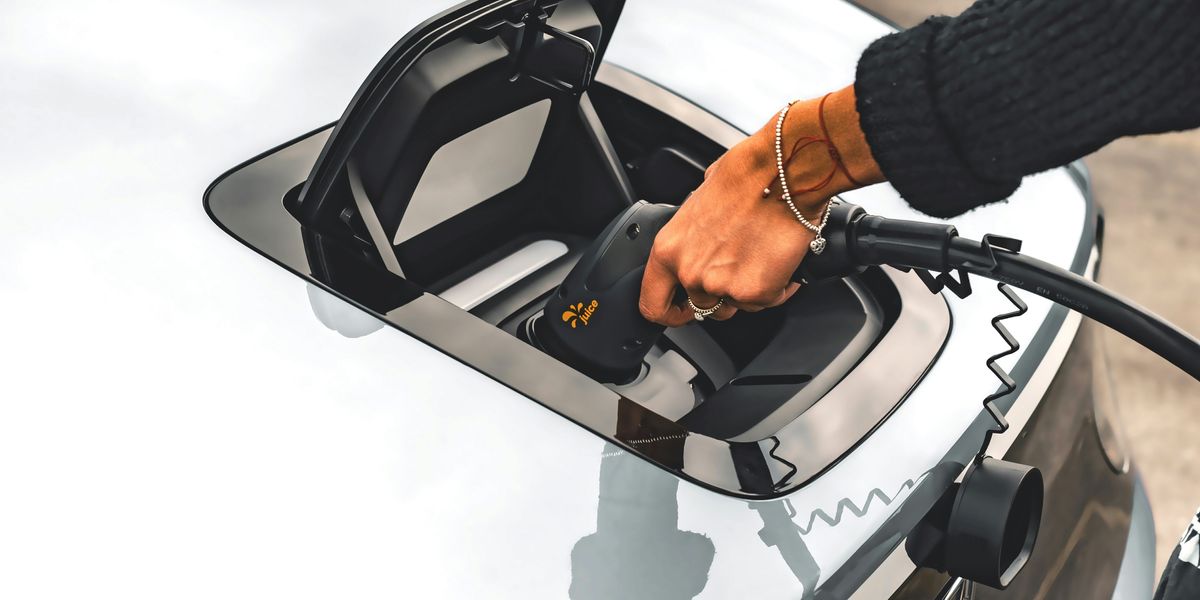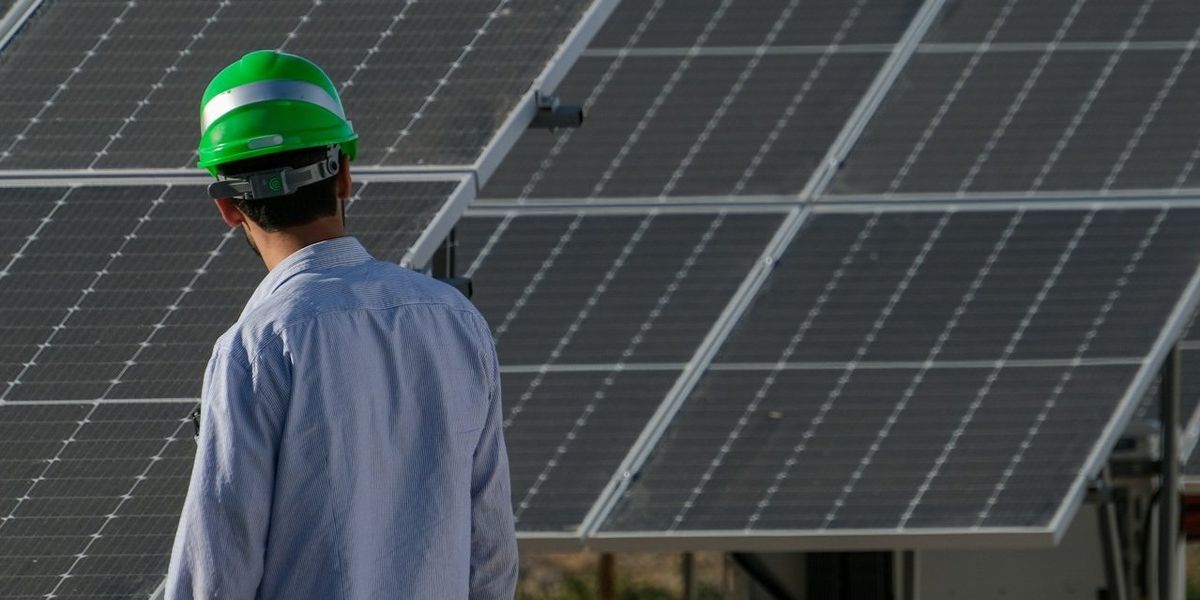
China’s battery swap stations offer a fast alternative to EV charging but face challenges
Swapping depleted electric vehicle batteries for charged ones in minutes is expanding in China, but adoption hurdles remain despite rapid growth and government support.
In short:
- Chinese EV maker Nio operates over 3,300 battery swap stations, and battery giant Catl plans a nationwide swap network with Sinopec, yet most personal EVs still rely on plug-in charging.
- Fast-charging technology is advancing quickly, with BYD’s new chargers offering up to 250 miles of range in five minutes, potentially limiting the need for battery swaps.
- While battery swaps suit commercial vehicles like taxis and trucks, challenges include battery ownership concerns, the need for standardization, and space constraints for swap stations.
Key quote:
"Battery-swapping in commercial vehicles, especially heavy-trucks, is still faster than the fastest charger technologies currently in the market."
— Yihao Xie, researcher, International Council on Clean Transportation
Why this matters:
As the global shift to electric vehicles accelerates, innovations that address range anxiety and charging time are crucial for broader adoption. Battery swapping—though not new—offers a potential solution, especially in densely populated regions or for commercial fleets where downtime is costly. China’s leadership in battery manufacturing and EV deployment has enabled rapid growth of swap infrastructure, providing a model for other nations grappling with EV rollout challenges. Competition from rapidly advancing fast-charging technologies could determine whether swapping remains a niche solution or becomes a mainstream component of the EV ecosystem.
Related: How old electric car batteries are quietly powering a cleaner future













